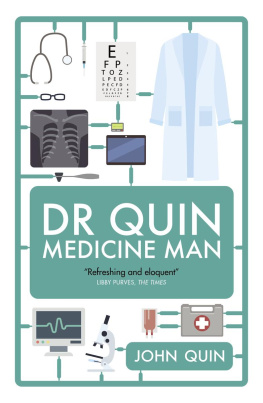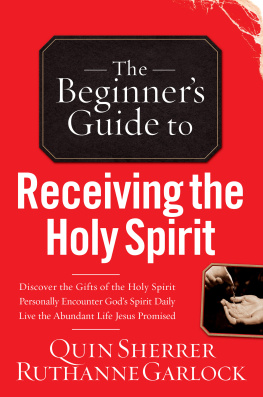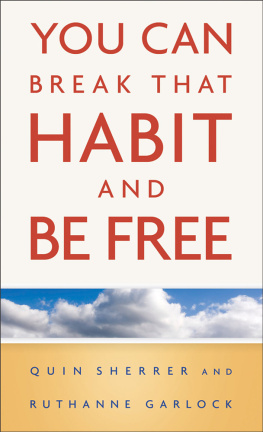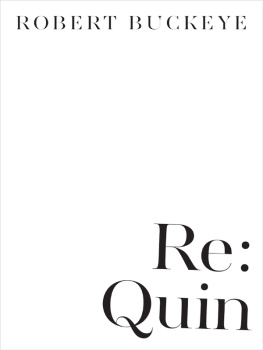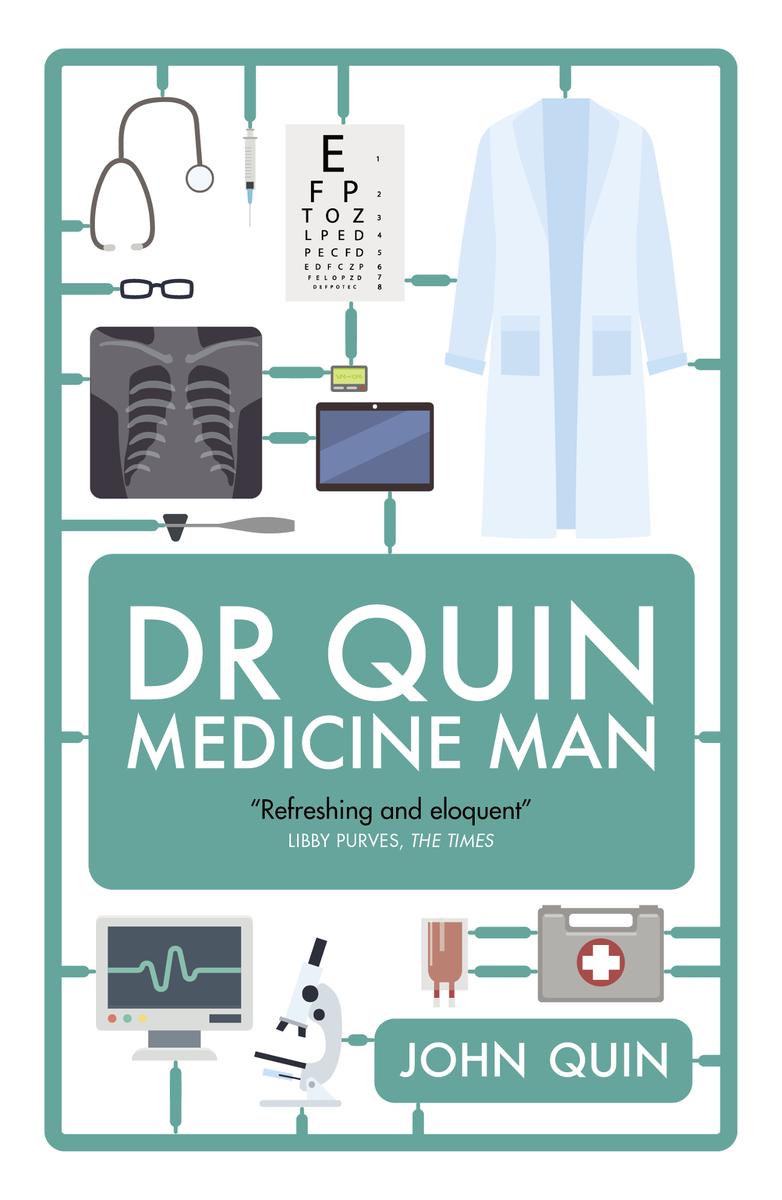This book is a fictionalised memoir based on true stories, but many of the names have been changed to protect the individuals privacy.
H e speaks softly to me with a gentle Dublin brogue. His lower lip is stained with a white smudge of Aludrox antacid that he takes for his chronic indigestion. He sits facing me in his neat office lined with leather-bound journals and the many PhDs hes supervised. I know that this man is the president of the British Society of Gastroenterology and when I hear him tell me, with a calm insistence you might imagine he has when inserting a colonoscope, that Im not a fucking comedian I near shit myself. You do not want to be faecally incontinent in the office of the countrys top gastroenterologist. He has to put up with enough crap as it is.
The year is 1984 and I have been qualified to practise for just over eighteen months. Im working on the South Side of Glasgow, where nobody seems to have ten fingers. The old boys that I look after have worked all their lives on the shipyards in the days when health and safety measures were, to understate the case, secondary to production. Two hours before the Irishman summoned me, he had sat with the other physicians watching as I presented a case at the grand round in the main lecture hall.
Grand rounds happen all over the country, usually weekly, and are a key educational opportunity for the medical staff. Rare conditions are sometimes presented, often in a teasing manner, with clues dropped here and there before, voila, like a magician producing the card youd just thought of, the diagnosis is revealed and the case and its implications discussed. The presenting physician is the star of the show; he or she has to mug up on facts before the grilling that inevitably ensues from the audience. This is a test for young doctors: can they tell a story with skill, can they answer the quick-fire interrogation from their bosses, their peers? They are in competition with one another for references, for the next job, for a chance of becoming a consultant. Ive worked on my turn for weeks. I know the timings, the gaps to get a laugh. Ive played around with the lighting in the empty lecture hall the night before going on stage. I can do the talk in my sleep. The big day comes and I step up to the microphone.
Heres the punchline to my case. After the requisite details of the presenting complaint, the clinical findings on examination, the list of investigations, I reveal (because Im secretly pleased to note no one in the audience has yet worked out the diagnosis) that we think the patient has an amoebic abscess. I then say some more about amoebiasis that I have gleaned from the Oxford Textbook of Medicine, the big blue two-volume bible I owned in those pre-internet days. One detail about amoebic abscesses fascinates me: I learn that the pus looks like anchovy sauce.
Pathologists must have been a hungry lot in those far-off days when various medical conditions were first described. You can imagine them salivating as they hacked away at cadavers on those beautifully carved dissection tables in Bologna or wherever. See those they are teaching, tiers of them in training, looking down at the carnage below, all of them thinking about their next meal. Pathologists talk of sago spleens and nutmeg livers. Pathologists are either starving or truly sick souls. I could never be a pathologist.
Back in 1984 I had never tasted anchovy sauce; I had never tasted an anchovy. This is Glasgow, you understand, before its famed Garden Festival, before it became Miles Better, before all those Turner Prize winners and the Glasgow Miracle. But in the days leading up to my talk I knew what I would do in order to make my presentation memorable. Id head to the supermarket. Id buy some anchovy sauce. That, and a pan loaf.
At the highlight of my talk I took out the bread, whisked out the bottle of sauce and upended it so that the audience could watch the grey briny muck slowly ooze out over a fresh white slice. The smell was not good. But the stunt worked. I got a big laugh.
Then I slipped some other gags in, leaning forward to the mike, enjoying the amplified sound of my own delivery. This was a rush: I could see the grins, the smiles, and hear the occasional belly laugh. I was happy. This was being a doctor.
Half an hour later Im back in the mess and sipping on a coffee, inwardly ecstatic at the hilarity I caused with my amoebic abscess success. Im bleeped about an hour after my presentation and head to the phone. That soft Irish voice. Could you come to my office just now, please?
Everyone knew him as Gerry. Everyone knew that Gerrys uncle, or his great-uncle, was with Scott at the Antarctic. He leans back in his leather chair. That was brilliant.
This is how he starts as I sit across from him in his office. He goes on: You paced that well, you got the main facts across, and you got a lot of laughs.
He pauses and I thank him for the compliment, then he says: Theres only one problem, though.
A longer pause.
I wait and then he leans forward and glowers. His tone is urgent, insistent: Youre not a fuckin comedian.
Gerrys heart was in the right place, of course. The countrys top gastroenterologist was widely regarded as both wise and hilarious. He could do fart gags during the many after-dinner speeches he was skilled at delivering. And he could play a mean fiddle. On ward rounds he would deliberately read the wiry squiggles of an electrocardiogram tracing upside down and then pass them on to some underling, saying disingenuously: Tell me what this means, Ive no idea.
Years later I read a biography of Oliver St John Gogarty, and his character, his wit, powerfully reminded me of Gerry. Gerry was James Joyces Buck Fucking Mulligan in the flesh. If said junior ostentatiously turned the ECG the right way up (and didnt get the gag) Gerry would be scathing a microsecond later. Behind their backs hed turn to his trusted registrar and whisper: prick.
His idea of a weekend ward round was to sidle up to you in a corridor and ask anxiously: Everythings OK, yes?
And then, when you said it was, he would thank Jesus and wipe once again at the white alkali stain on his chin, say cheerio and turn on his heels for home. This was his sign of trust. This was when you knew you were doing OK. If he had to actually do a ward round it was because he thought you were a prick.
Back in his office after telling me Im not a fuckin comedian he leans in towards me and explains. He stresses that you can get away with anchovy-related frivolity but only once you have established yourself, only once your colleagues have begun to take you seriously. I enjoyed hearing this paradox, but, perhaps noting my grin, he quickly pointed out that I was still a long way down the mine and could only act the goat, like him, once Id made it: And that will take you about ten years.
Ten years!
Maybe Id been lucky to get even this far in the job. One of his colleagues on the north bank of the Clyde had told me six months earlier that my career in medicine was over. I was only four months into the career at that point. My sin? Mimicry.

